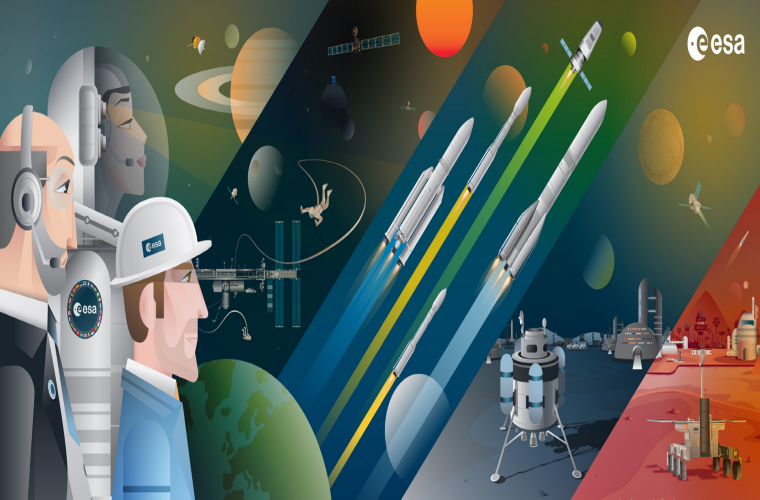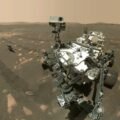Following a meeting of its 22 member countries, the European Space Agency (ESA) has issued a formal statement regarding cooperation with Russia. Like NASA, the ESA began working more closely with the Russian space program after the fall of the Soviet Union. However, Russian forces’ recent invasion of Ukraine has the agency rethinking those cooperative efforts.
European Space Agency Members
The ESA Member States include Austria, Belgium, the Czech Republic, Denmark, Estonia, Finland, France, Germany, Greece, Hungary, Ireland, Italy, Luxembourg, the Netherlands, Norway, Poland, Portugal, Romania, Spain, Sweden, Switzerland, and the United Kingdom. The countries of Slovenia, Latvia, and Lithuania are listed as Associate Members, and the Canadian Space Agency works with the ESA on select projects.
European Space Agency Statement
28 February 2022
“We deplore the human casualties and tragic consequences of the war in Ukraine. We are giving absolute priority to taking proper decisions, not only for the sake of our workforce involved in the programmes, but in full respect of our European values, which have always fundamentally shaped our approach to international cooperation.
ESA is an intergovernmental organisation governed by its 22 Member States and we have built up a strong network of international cooperation over the past decades, which serves the European and global space community through its very successful programmes.
We are fully implementing sanctions imposed on Russia by our Member States. We are assessing the consequences on each of our ongoing programmes conducted in cooperation with the Russian state space agency Roscosmos and align our decisions to the decisions of our Member States in close coordination with industrial and international partners (in particular with NASA on the International Space Station).
Regarding the Soyuz launch campaign from Europe’s Spaceport in Kourou, we take note of the Roscosmos decision to withdraw its workforce from Kourou. We will consequently assess for each European institutional payload under our responsibility the appropriate launch service based notably on launch systems currently in operation and the upcoming Vega-C and Ariane 6 launchers.
Regarding the ExoMars programme continuation, the sanctions and the wider context make a launch in 2022 very unlikely. ESA’s Director General will analyse all the options and prepare a formal decision on the way forward by ESA Member States.
ESA continues to monitor the situation in close contact with its Members States.”
The Future of Space Cooperation
While the calculated wording of the statement leaves a fair amount of wiggle room should Russia reverse course in Ukraine, there is no doubt that the ESA is letting Vladimir Putin know that the future of their relationship is in jeopardy.
The press release also notes that the ESA was created in 1975, “with the mission to shape the development of Europe’s space capability and ensure that investment in space delivers benefits to the citizens of Europe and the world.”
War on the European continent is in direct opposition to that mission.
Follow and connect with author Christopher Plain on Twitter: @plain_fiction

